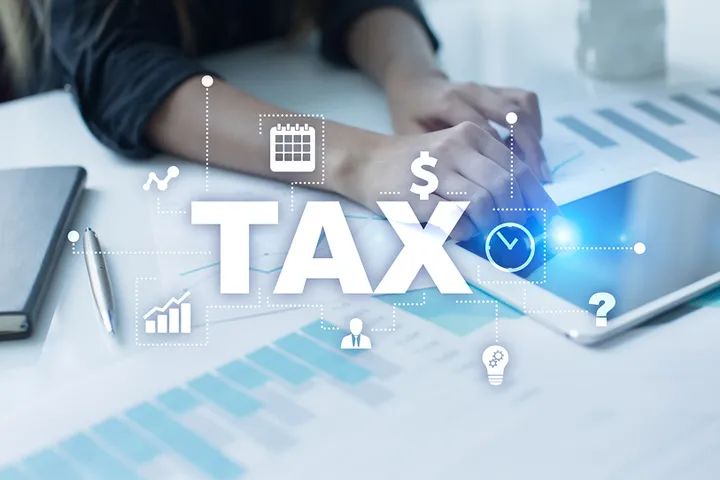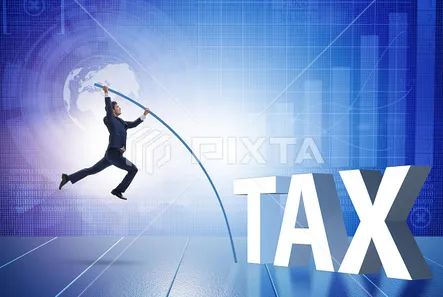Expat Tax Allowance & Subsidy Policies
In 1994, the Ministry of Finance & State Administration of Taxation issued the “Notice of Taxation on Individual Income Tax Policies” (Cai Shui Zi [1994] regarding Implementation of Individual Income Tax Exemptions (Guo Shui Fa [1997] No. 54), which stipulates that the specific allowance and tax exemption for foreign individuals are as follows:
1.Housing subsidies, food subsidies, relocation expenses & laundry;
2.Domestic and overseas business travel subsidies obtained according to reasonable standards;
3.Expenses for family visits, language training, and children’s education, etc.Those items which are considered reasonable by the local taxation authority are temporarily exempted from personal income tax;
In 2018, the Ministry of Finance & State Administration of Taxation issued the “Notice of Convergence of Relevant Preferential Policies After the Amendment of the Individual Income Tax Law” (Caishui [2018] which clarified “China after the revision of the Individual Income Tax Law of the China, there are issues related to the convergence of the tax-free preferential policies for foreign personal allowances and subsidies. The notice stipulates that during the period from January 1, 2019 to December 31, 2021, foreign individuals who meet the personal conditions of residents can choose to enjoy special breaks on individual income tax for housing subsidies, language training fees, children’s education fees and other subsidies and deductions. They can also choose to enjoy the tax-free preferential policies for subsidies. Once a foreign individual selects the subsidies, they cannot be changed within the current tax year. From January 1, 2022, foreign individuals will no longer enjoy the preferential policy of subsidies, tax exemptions, and should enjoy special additional deductions in accordance with regulations.
Housing subsidies, language training fees, and children’s education allowances are the main allowance items for foreign individuals, which can be regarded as tax-free income and are not included in wages and salaries.
The policy also lists some other subsidies according to the characteristics of foreign personal allowance income, which expands the scope of the policy, such as: food subsidies, relocation expenses, laundry expenses, domestic and foreign travel subsidies, and family visit expenses, which can also be used as Tax-free items that are not included in wages and salaries.
Foreign individuals who meet the conditions of resident individuals refer to foreign individuals who have a residence in China or have lived in China for a total of 183 days in a calendar year. This type of foreign individual is a resident individual. They can choose one of the deduction policies to calculate and pay personal income tax.
Foreign individuals who do not meet the personal requirements of residents refer to foreign individuals who have no domicile in China and have lived in China for less than 183 days during a calendar year. Such foreign individuals are non-resident individuals and cannot enjoy the foreign individual allowance policy.
For non-resident individuals, tax is only levied on income derived from within China, and personal income tax is not levied on income derived from overseas. The implementation of the foreign individual allowance policy has avoided some allowances and subsidies that do not meet the special additional deduction conditions, which have caused additional tax burdens. This policy promotes the introduction of foreign talents, rationally allocates human resources, and promotes the development of the market economy.
Fortunately, in order to further reduce the burden on taxpayers, on December 31, 2021, the last day of the “transition period” involved in the notice, the Ministry of Finance & State Administration of Taxation issued the “Announcement on Continuing the Implementation of Individual Income Tax Preferential Policies such as Allowances and Subsidies for Foreign Nationals” directly extending the implementation period of the foreign individual allowance and subsidy policy to December 31, 2023.


